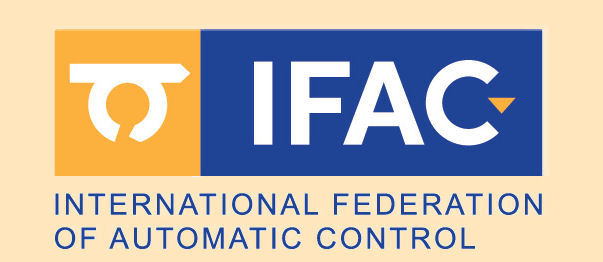| Paper ThA1.4
Kumar, Madan (Guangdong Technion Israel Institute of Technology), Sharma, Bhawandeep (Guangdong Technion Israel Institute of Technology)
A Simulative Investigation of PFI Methanol Engine & Future Scope of Coupling Methanol Fuel Reforming by Exhaust Gas Energy Recuperation with Post-Oxidation Phenomena
Scheduled for presentation during the Regular session "Fault Diagnosis and Simulaton Technoqies " (ThA1), Thursday, October 31, 2024,
11:30−11:50, Room T1
7th IFAC Conference on Engine and Powertrain Control, Simulation and Modeling, Oct 30 - Nov 1, 2024, Dalian, China
This information is tentative and subject to change. Compiled on February 3, 2026
|


 This site is protected by copyright and trademark laws under US and International law.
This site is protected by copyright and trademark laws under US and International law.